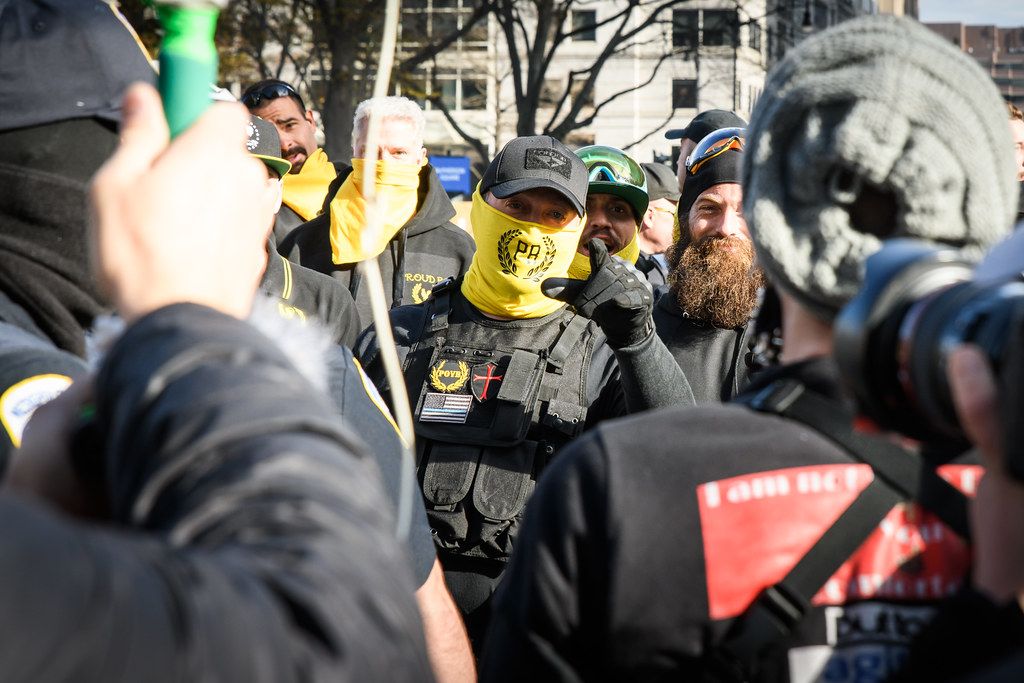
An unusual confrontation in Washington, D.C., recently escalated into federal charges when a former Department of Justice employee allegedly threw a sandwich at a U.S. Customs and Border Protection agent. The incident, which unfolded on a Sunday night, drew immediate attention and swift official responses, underscoring the heightened tensions surrounding federal law enforcement presence in the nation’s capital. It serves as a stark reminder of how rapidly an everyday interaction can lead to serious legal consequences, particularly when federal personnel are involved.
This specific event occurred amidst a broader, intensified effort by the Trump administration to address perceived crime issues in Washington, D.C., a move that has seen an increased deployment of federal agents and National Guard members across the city. The context of this federal security blitz adds another layer of complexity to the incident, highlighting the friction between federal intervention and local governance. As details emerged, the case quickly became a focal point in discussions about public conduct, law enforcement authority, and political rhetoric.
What initially might seem like a bizarre, almost comical, exchange has culminated in a serious felony charge, reflecting the firm stance authorities are taking against any form of assault on officers. We delve into the specifics of this remarkable incident, outlining the sequence of events, identifying the key individuals involved, and detailing the immediate legal repercussions that followed. This in-depth look provides an Associated Press-style account of the facts as they have been reported, ensuring clarity and conciseness in conveying the core information.
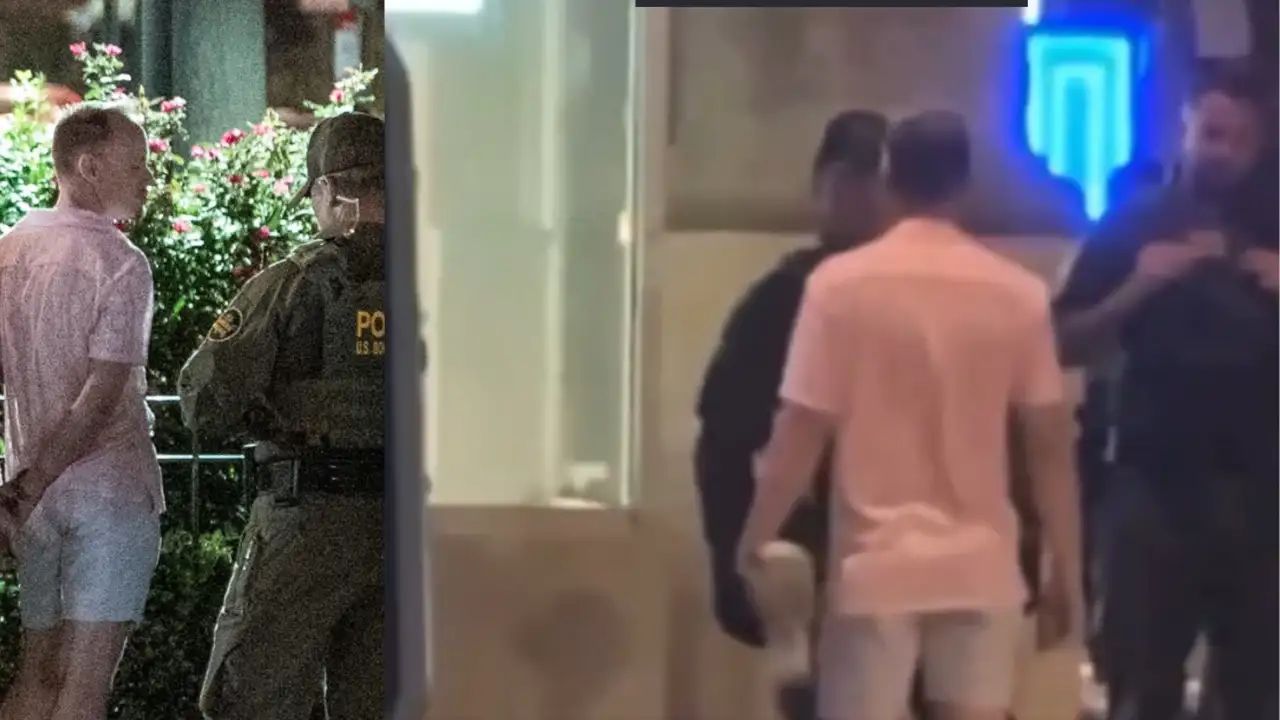
1. **The Core Incident: A Sandwich Thrown at a Federal Agent**The central event unfolded late Sunday night in the U Street area of Washington, D.C., a district reportedly being patrolled as part of a federal initiative aimed at reducing crime in the nation’s capital. A man, later identified as Sean Charles Dunn, engaged in a verbal confrontation with a U.S. Customs and Border Protection (CBP) agent. The altercation escalated beyond mere words when Dunn allegedly resorted to a physical act.
According to court documents, Dunn wound up and “forcefully threw” a Subway sandwich at the agent, striking him in the chest. This seemingly mundane object transformed into a projectile in an act that authorities swiftly classified as an assault. The incident was not unwitnessed, with a bystander’s Instagram video capturing parts of the confrontation and the subsequent pursuit, lending a public dimension to the unusual event.
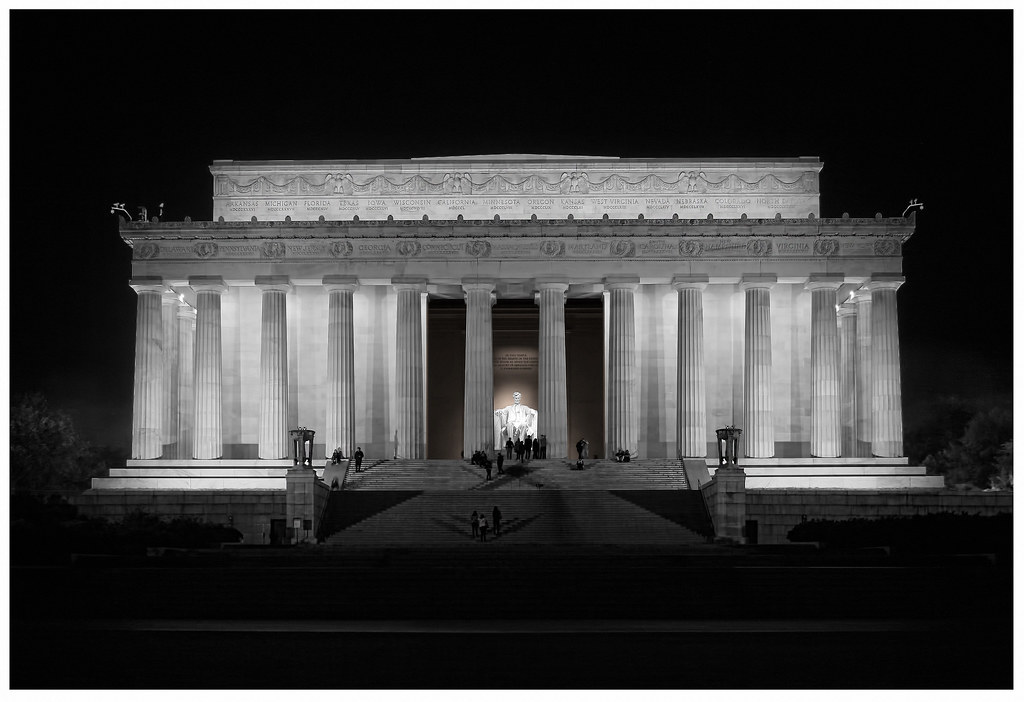
2. **The Alleged Perpetrator: Sean Charles Dunn’s Identity and Initial Actions**The individual at the center of this incident is Sean Charles Dunn, a 37-year-old resident of Washington, D.C. Prior to his arrest, Dunn was employed by the Department of Justice, a detail that would later add significant weight to the official responses to his alleged actions. His professional background made the incident particularly notable in the eyes of federal officials.
Initial accounts indicate that Dunn first approached a group of CBP agents, including the eventual target of the sandwich, shouting obscenities. He reportedly stood inches from one agent’s face, verbally accosting him and calling him a “fascist.” This aggressive verbal display set the stage for the physical confrontation that followed shortly thereafter.
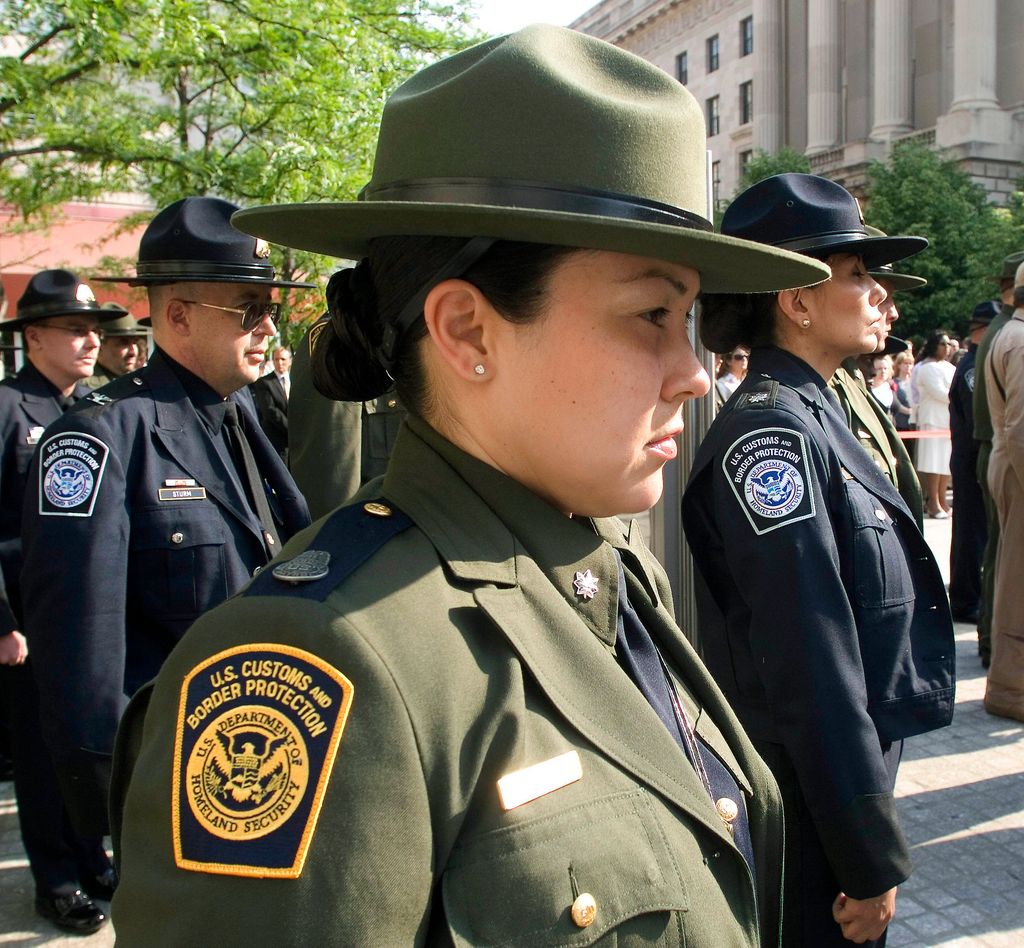
3. **The Targeted Officer: Customs and Border Protection Agent Gregory Lairmore**The federal agent directly targeted in the alleged assault has been identified as Customs and Border Protection Agent Gregory Lairmore. Agent Lairmore was reportedly on patrol with Metro Transit Police in northwest Washington around 11 p.m. on Sunday when the incident occurred. His presence in the U Street area was part of the expanded federal law enforcement deployment initiated by the Trump administration.
Agent Lairmore, as a federal law enforcement officer, was performing his duties when confronted by Dunn. The nature of his employment and the context of the federal crackdown meant that any act of aggression against him would be viewed with significant gravity, leading to federal charges rather than local ones. Officials have not released information regarding any injuries sustained by Agent Lairmore during the incident.
4. **The Escalation: From Verbal Confrontation to Physical Assault**After his initial verbal barrage, Sean Charles Dunn reportedly left the immediate vicinity only to return moments later. It was upon his return that the confrontation intensified dramatically. Court documents describe Dunn “winding his arm back” before “forcefully throwing” the sub-style sandwich.
The sandwich struck Agent Lairmore in the chest. This act of throwing an object at a federal officer while they are on duty constitutes a physical assault under federal law, regardless of the projectile’s nature. Videos of the incident shared on social media purportedly show Dunn, identifiable in a pink shirt and shorts, yelling at officers before the throw, underscoring the deliberate nature of the act.

5. **The Pursuit and Apprehension of Mr. Dunn**Immediately following the alleged assault, Sean Charles Dunn attempted to evade capture. Police stated that he “ran away,” with federal officers giving chase. This pursuit was also reportedly captured in bystander videos, where witnesses could be heard giggling as Dunn darted from the pursuing law enforcement personnel.
Despite his attempt to flee, Dunn was apprehended by the officers. His capture quickly led to his transport to a police station for processing. The swiftness of his arrest underscores the coordinated response of the federal officers deployed in the area, who acted decisively to detain the alleged assailant.

6. **Mr. Dunn’s Immediate Confession to Authorities**Upon being arrested and taken to the police station, Sean Charles Dunn allegedly made a direct admission to another officer regarding his actions. According to court documents, Dunn confessed, stating plainly, “I did it. I threw a sandwich.” This statement was consistent across multiple reports, reinforcing the direct evidence against him.
This confession is a crucial piece of evidence in the federal case against Dunn. It demonstrates an acknowledgment of the act, simplifying the prosecution’s task of proving the physical component of the alleged assault. The candid nature of the admission further cemented the facts surrounding the unusual incident.

7. **The Federal Felony Charges Filed Against Sean Charles Dunn**Following his arrest and confession, Sean Charles Dunn was formally charged with a felony. Specifically, he faces one count of assaulting, resisting or impeding certain officers and employees of the United States. This federal charge highlights the serious nature of the alleged offense, which goes beyond a simple misdemeanor.
A local judge initially declined to press charges, but a federal judge subsequently permitted the assault charges to be filed, indicating the federal government’s firm commitment to prosecuting such cases. Dunn is currently free on bail, but faces the possibility of significant penalties, with reports indicating he could face up to eight years in prison if convicted of the felony assault charge.
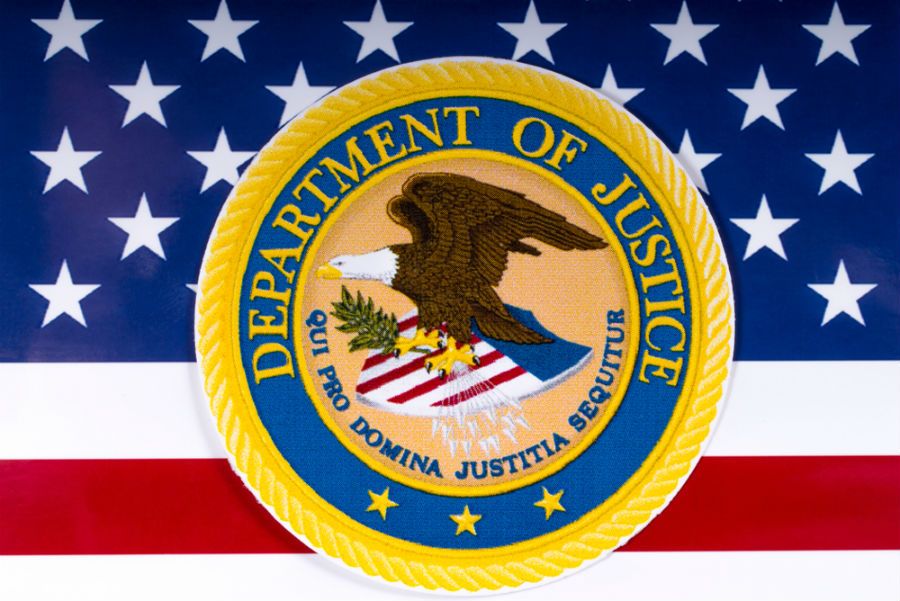
8. **Attorney General Pam Bondi’s Swift Action: Dunn’s Dismissal from DOJ**The federal response to the alleged sandwich assault was swift and decisive, particularly from the highest levels of the Department of Justice. Attorney General Pamela Bondi publicly confirmed that Sean Charles Dunn, the individual charged, had indeed been an employee of the Department of Justice. Within hours of the incident gaining public attention and charges being filed, Bondi announced Dunn’s immediate termination from his position. Her statement, “I just learned that this defendant worked at the Department of Justice — NO LONGER,” conveyed an uncompromising stance against the alleged actions.
Bondi further emphasized the gravity of the situation in a Thursday post on X, formerly known as Twitter. She explicitly stated, “Not only is he FIRED, he has been charged with a felony.” This firm declaration highlighted the federal government’s zero-tolerance policy regarding any assault on law enforcement officers, especially when perpetrated by one of their own former employees. The prompt dismissal served as a clear signal that such conduct would not be condoned or tolerated under her leadership within the administration.
This immediate disciplinary action by the Attorney General underscored the seriousness with which federal authorities viewed the incident. It demonstrated a commitment to upholding the integrity and authority of law enforcement, reinforcing that no individual, regardless of their prior association with the department, is above the law when it comes to actions against federal agents. The swiftness of the firing also reflected a broader administrative push to ensure accountability and adherence to strict conduct standards for all federal personnel.

9. **Official Condemnation: U.S. Attorney Jeanine Pirro’s Strong Message**Adding to the chorus of official condemnation, U.S. Attorney for the District of Columbia Jeanine Pirro delivered a pointed and widely publicized message regarding the incident. In a video statement released Wednesday, Pirro directly addressed the alleged assailant’s perceived attitude. “He thought it was funny,” Pirro remarked, referencing the initial attempts to flee and the bystander’s giggling captured on video. Her tone quickly shifted to one of resolute authority, affirming the seriousness of the charges.
Pirro continued by stating the concrete legal repercussions Dunn now faces: “Well, he doesn’t think it’s funny today, because we charged him with a felony assault on a police officer.” This statement not only confirmed the severe nature of the federal charges but also signaled a robust commitment from the U.S. Attorney’s office to prosecute such cases rigorously. The message was clear: assaulting an officer, even with an unconventional projectile, would result in serious federal felony charges.
The U.S. Attorney further underscored her office’s unwavering support for law enforcement. “And we’re going to back the police to the hilt,” Pirro asserted, dispelling any notion that attacks on federal agents would be treated lightly. She concluded her message with a blunt and memorable warning, “So there. Stick your Subway sandwich somewhere else,” which quickly resonated across social media and underscored the administration’s tough-on-crime stance in the capital.

10. **The ‘Deep State’ Narrative: Bondi’s Broader Political Context**Attorney General Pam Bondi did not limit her comments on Dunn’s dismissal to simple disciplinary action; she explicitly framed the incident within a broader political struggle, aligning it with the administration’s rhetoric concerning the “Deep State.” In her public statements, Bondi asserted, “This is an example of the Deep State we have been up against for seven months as we work to refocus DOJ.” This characterization implied that Dunn’s alleged actions were not merely an isolated incident of misconduct but rather indicative of a pervasive, entrenched opposition within government institutions.
Bondi’s use of the “Deep State” terminology served to elevate the incident from a simple criminal matter to a political battleground, suggesting that the administration faced resistance in its efforts to realign the Department of Justice’s priorities. Her statement aimed to portray the current administration as working to overcome internal challenges and disloyalty within federal agencies. This narrative underscores the ongoing tension between a politically appointed leadership and career civil servants.
Furthermore, Bondi issued a stark warning to other federal employees, stating unequivocally, “You will NOT work in this administration while disrespecting our government and law enforcement.” This directive set a clear expectation for conduct and loyalty among federal personnel, especially those within the Justice Department. Notably, this strong stance on disrespecting government and law enforcement was highlighted shortly after the Justice Department publicly stood by Jared Lane Wise, a former FBI agent pardoned by President Donald Trump for his alleged involvement in the Jan. 6 Capitol riot, despite allegations of him yelling “Kill ’em!” at police officers.
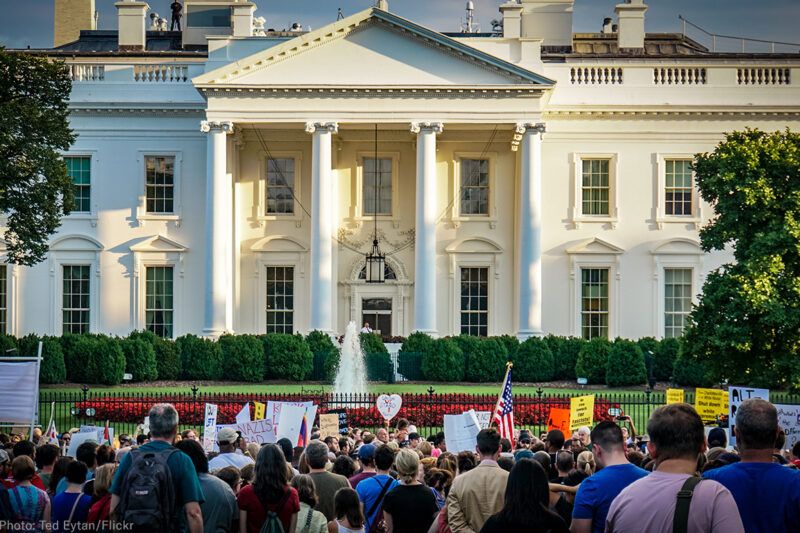
11. **Trump Administration’s Federal Security Blitz in Washington D.C.**The incident involving Sean Charles Dunn occurred within the broader context of an intensified federal law enforcement presence across Washington, D.C., a direct consequence of the Trump administration’s “security blitz.” President Donald Trump had initiated this surge, ordering an increased law enforcement presence with the explicit aim to combat what he described as rising crime in the nation’s capital. This directive led to a significant deployment of federal resources and personnel.
As part of this comprehensive initiative, hundreds of uniformed federal law enforcement officers from multiple agencies were fanned out across the city. These agencies included the Federal Bureau of Investigation (FBI), the Drug Enforcement Administration (DEA), U.S. Capitol Police, the Bureau of Alcohol, Tobacco, Firearms and Explosives (ATF), the U.S. Marshals Service, the Department of Homeland Security (DHS), and the Secret Service. Their coordinated presence was intended to project a strong federal response to perceived public safety issues.
The deployment also included members of the National Guard, further amplifying the federal footprint in the city. Since these stepped-up measures began, reports indicate that approximately 100 individuals have been arrested in connection with the enhanced patrols. The high visibility and active role of these federal agents created an environment where interactions, even seemingly minor ones, could quickly escalate into federal matters, as demonstrated by the sandwich assault case.
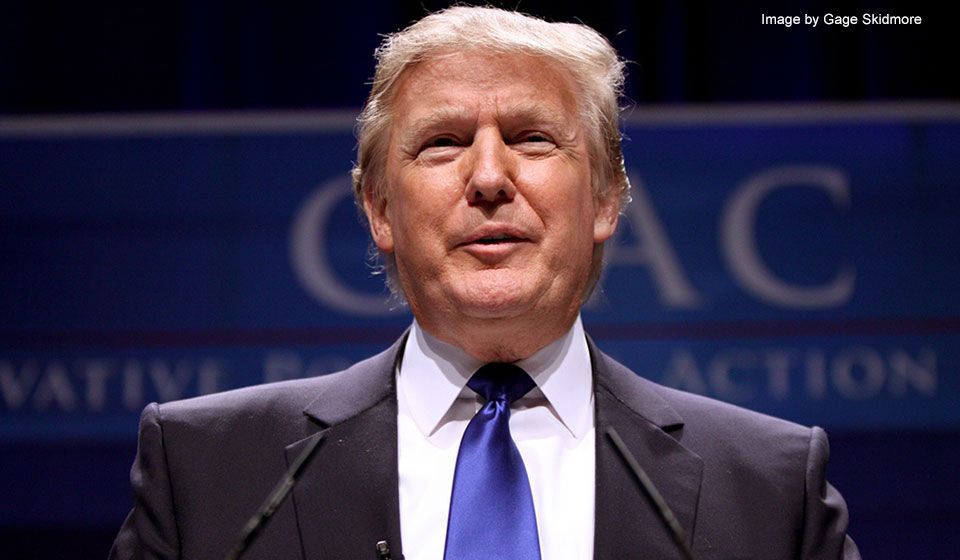
12. **Presidential Directive: Trump’s Federalization of DC Metropolitan Police**Beyond the general deployment of federal agents, President Donald Trump escalated his intervention in Washington, D.C.’s law enforcement on the Monday immediately following the sandwich incident. In a significant move, he announced that he was taking direct control of the city’s police department, effectively federalizing the DC Metropolitan Police Department. This action was justified under section 740 of the District of Columbia Home Rule Act, which grants the president emergency control of the local police force for a period of 30 days.
This unprecedented directive marked a substantial shift in the balance of power, transferring authority from local D.C. governance to federal oversight. Accompanying this move, President Trump also activated 800 members of the National Guard, deploying them to the capital. The broader strategy outlined by the president included a sweeping effort to address various urban issues, specifically mentioning the removal of homeless people from the streets as part of his public safety initiatives.
President Trump articulated his vision for this federal intervention, stating, “I’m announcing a historic action to rescue our nation’s capital from crime, bloodshed, bedlam and squalor and worse.” This declaration underscored his administration’s determination to assert federal authority in what it viewed as a critical situation in the capital, despite objections and differing assessments from local D.C. officials regarding the state of crime in the city. The federalization decision represented a peak of the administration’s aggressive posture on urban crime.

13. **Discrepancy in Crime Statistics: Local vs. Federal Views**The Trump administration’s rationale for its extensive federal intervention in Washington, D.C., was heavily predicated on the assertion of an escalating crime crisis in the city. President Trump repeatedly cited rising crime as justification for deploying hundreds of federal agents and taking control of the local police department. He maintained that the city’s public safety had reached emergency levels, necessitating direct federal action to restore order and address what he characterized as significant urban decay.
However, these claims about an emergency level of crime were met with strong rebuttal from D.C. city officials, who presented contrasting data. According to statistics compiled by the Metropolitan Police Department, violent crime in the city had, in fact, declined significantly. The U.S. Attorney’s Office for the District of Columbia reported in a news release that the preceding year saw the lowest level of violent crime in “over 30 years.
Specifically, violent crime in the city decreased by 35% in 2024, according to the available data. D.C. Attorney General Brian Schwalb further corroborated this, stating on social media, “Violent crime in DC reached historic 30-year lows last year, and is down another 26% so far this year.” District Council Member Brooke Pinto, chair of the Committee on the Judiciary and Public Safety, also voiced concerns about the federal presence, saying it “paints a picture of a city that is not my own and is not the experience of the vast majority of district residents and visitors.” This clear discrepancy in crime statistics highlighted a fundamental disagreement between federal and local authorities regarding the actual state of public safety in the capital.

14. **Legal and Political Discussions: The Broader Implications of the Incident**Sean Charles Dunn’s case, while revolving around a thrown sandwich, has quickly transcended its seemingly peculiar nature to become a flashpoint for broader legal and political discussions. Despite the felony charge of assaulting, resisting or impeding certain officers and employees of the United States, Dunn is currently free on bail. However, he faces the severe possibility of up to eight years in federal prison if convicted, underscoring the gravity with which the federal government views assaults on its personnel, regardless of the projectile. The initial decision by a local judge to decline charges, contrasting with a federal judge permitting them, illustrates the distinct legal frameworks and priorities at play when federal officers are involved.
The incident’s unusual circumstances have inevitably led to a mix of serious commentary and lighthearted online reactions. The quip “assault with a deli weapon” circulated widely, reflecting the almost comical aspect of the scenario. Yet, beneath the surface humor, the case has ignited serious discussions about public conduct, the limits of protest, and the authority of law enforcement, particularly in the context of an increased federal presence in urban areas. It has become a tangible example of the friction that can arise when federal intervention is perceived as overreaching by local populations.
Ultimately, the “sandwich assault” has been strategically utilized by high-ranking officials to communicate broader political messages. Attorney General Pam Bondi’s invocation of the “Deep State” narrative and U.S. Attorney Jeanine Pirro’s forceful admonishments exemplify how an isolated event can be integrated into a larger governmental narrative concerning law and order, loyalty, and the assertion of federal power. This incident, therefore, serves as a microcosm of the ongoing tensions and debates surrounding governance, civil liberties, and the role of federal authority in the nation’s capital.




